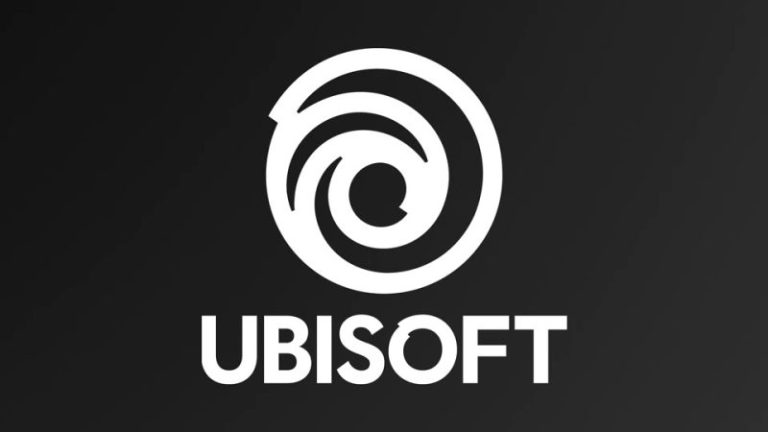Ubisoft has made a significant announcement regarding its internal leadership structure as it embarks on a new venture with Tencent. The company revealed that Charlie Guillemot, the son of Ubisoft co-founder and CEO Yves Guillemot, will take on the role of co-chief executive officer alongside Christophe Derennes at a newly formed subsidiary. This subsidiary will house major franchises like Assassin’s Creed, Far Cry, and Rainbow Six, playing a vital role in Ubisoft’s strategy moving forward.
Formation of the New Subsidiary
Back in March, Ubisoft disclosed its plans to create a subsidiary in collaboration with Tencent, which would hold and cultivate some of its most valuable intellectual properties. This initiative appears to be part of Ubisoft’s strategy to streamline focus on its most successful franchises, especially in the rapidly evolving gaming landscape where live-service titles continue to thrive. The subsidiary will not only manage existing titles but also explore new ventures in mobile gaming and narrative-driven experiences. Insights gleaned from leaked internal documents suggest that this new setup aims to increase operational efficiency and responsiveness to market changes, such as shifting player habits and preferences.
Background of Leaders
Christophe Derennes and Charlie Guillemot come to their new roles with diverse yet complementary experiences. Derennes has an impressive tenure at Ubisoft, having been with the company for 35 years. He previously led Ubisoft’s North American studios and co-founded Ubisoft Montreal, which has been instrumental in the development of many of Ubisoft’s flagship titles. His experience gives him a deep understanding of the production pipeline and team management, which he intends to apply in his new role. Derennes noted, “My focus is to finalize the foundations of this new entity, clarifying team responsibilities while ensuring current projects and roadmaps stay on course.”
On the other hand, Charlie Guillemot, who has been part of Ubisoft’s lifeblood since his youth, officially joined the company after completing his master’s degree in computer science. Despite facing criticism for perceived nepotism regarding his previous position as studio head of Owlient, he emphasizes the importance of merit in his current role. In a candid interview with Variety, he stated, “What matters now isn’t my name, it’s the work ahead.” He believes he has garnered valuable experience that positions him well to contribute to Ubisoft’s future.
Market Impact and Industry Expectations
The decision to appoint both Guillemot and Derennes comes at a critical juncture for Ubisoft as the gaming industry experiences rapid shifts in technology and consumer preferences. According to a report by Statista, the video game market is expected to generate over $200 billion in revenue by 2023. This encourages established companies to innovate while maintaining their core franchises. The co-CEO structure aims to leverage both leadership styles: Derennes’ production expertise and Guillemot’s entrepreneurial spirit and understanding of digital market dynamics. Their collaboration may help Ubisoft capture a larger share of the evolving market, especially in the realm of mobile and live-service games.
Additionally, both leaders have reiterated a commitment to building trust within the company and fostering a more transparent culture. Yves Guillemot highlighted their complementary strengths, stating, “Christophe brings a deep production expertise and an entrepreneurial perspective that will be instrumental in making this new step in the history of Ubisoft a success.” His confidence in their capabilities suggests Ubisoft is betting on both continuity through Derennes and innovation through Guillemot, creating a foundation that could lead to fruitful outcomes.
Future Prospects
As Ubisoft navigates this transition, the industry will be closely watching how the new subsidiary evolves and what it delivers. The combination of traditional gaming expertise and fresh insights from Guillemot could open avenues for new titles and game experiences, while also reviving older franchises to align with current player expectations. Further developments, such as partnerships with emerging technology in gaming like AI and VR, could also be on the horizon for the subsidiary.
With both co-CEOs firmly positioned, the future of Ubisoft appears to hinge on the synchronization of their roles in steering the company through its next chapter. As Guillemot noted, “I’m fully committed to doing everything I can to make this work.” This declaration of intent resonates particularly well in an industry that thrives on adaptability, innovation, and a keen understanding of player engagement.
As Ubisoft continues its journey, the leadership dynamics between Guillemot and Derennes will be instrumental in shaping how the company addresses both present challenges and future opportunities in the gaming landscape.

